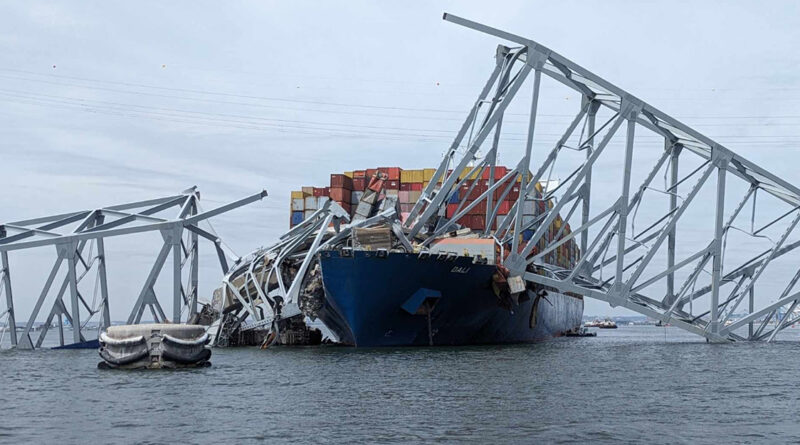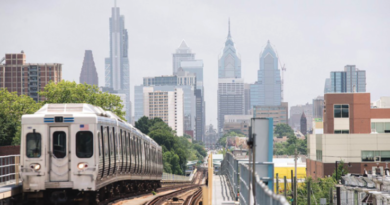Critical interdependencies: What can we learn from the Baltimore bridge tragedy?
Following the collapse of the Francis Scott Key Bridge in Baltimore, Maryland, a workshop was held on critical infrastructure failure. Attendants were presented with research from 27 infrastructure experts on how resilience can be fostered during events like the bridge tragedy.
The impact to the Francis Scott Key Bridge was not limited to just the bridge itself. The city’s road traffic and shipping traffic alike were affected, leaving a transportation catastrophe. With ships today larger and heavier than ever, the effects of such events are more detrimental than can be anticipated.
The workshop addressed options to reduce the probability of future incidents like the bridge tragedy from occurring. Held at the University of Maryland, models for preventing such incidents introduced costly solutions. However, the experts discussed how much more costly it is to rebuild a bridge, halt city activity and work on recovering the losses suffered when it all could have been avoided.
Viewing the event as not an isolated incident, but as the result of outdated infrastructure guidelines changes things. The models and simulations are useful for determining not simply how to protect a bridge or road, but a community. Greater investment in infrastructure goes a long way in ensuring that emergency maintenance is not the solution for every problem.




